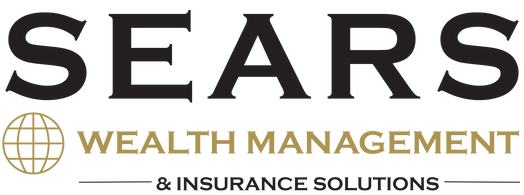What is a 401(k)?
A 401(k) is a retirement plan offered by an employer that allows you to take a percentage of your paycheck (you decide how much) and put it aside for your retirement. This money usually gets invested on your behalf in a variety of stocks and bonds so that your money can create more money. You choose your investments, either directly or by picking a mix that reflects how much risk you’re comfortable with. The money that goes into your 401(k) is taken from your paycheck before taxes, reducing your taxable income.
Why not just sock away all your money into a personal savings account, you ask? Because if that money is just sitting in an account for 20-plus years without being invested, your earnings actually lose value over time. The reason? Inflation (mostly).
The hypothetical $20,000 you put away today will not be worth $20,000 in 30 years if it’s been in a traditional savings account, thanks to inflation and account maintenance fees. Having a 401(k) ensures that the value of your money grows by keeping it in the market, which generally outpaces inflation in the long term.
Companies vary with their 401(k) packages, but many of them offer “matching,” meaning that they will match your contribution up to a certain percent. It’s simply free money (!) for your account.
Bottom line: If your company has a 401(k), you should probably take it. Ask someone in your HR department to put you in touch with the retirement accounts adviser to discuss what type of investment package is best for you.1
1 Beck, Koa. “10 Frequently Asked Questions About Money.” HerMoney, 7 May 2019, www.hermoney.com/invest/financial-planning/frequently-asked-questions-about-money/.


